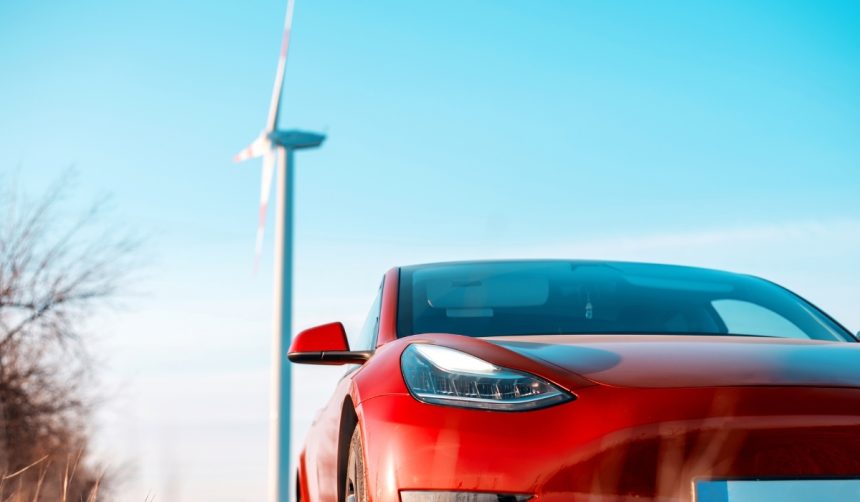Tesla‘s commitment to refining its Full Self-Driving (FSD) system has taken another pivotal step. Recent updates have addressed a controversial feature that many drivers found unsatisfactory. The company’s latest measures aim to strike a balance between ensuring driver safety and accommodating user flexibility, showcasing Tesla’s approach to continuous improvement.
Earlier versions of Tesla’s FSD system, despite efforts to enhance driver safety, received criticism from users who felt the vehicle’s attentiveness alerts were overly sensitive. Previously, Tesla had begun implementing measures to keep driver focus on the road, using a cabin-facing camera to monitor eye movements. However, there were growing concerns about the speed at which these alerts prompted, especially during minor attention shifts, such as adjusting car settings. Compounding these issues, prior updates from Tesla had also sparked debate among users on social media platforms, similar to recent reactions.
What Changes Have Been Made?
Adjustments to the FSD system have reduced the sensitivity of the attentiveness feature. This change follows reports from many Tesla owners who noted the system was issuing warnings too promptly, often during routine interactions with the vehicle’s touchscreen settings. CEO Elon Musk acknowledged these concerns, noting the importance of striking a balance between safety and user experience.
Why Do Drivers Welcome This Modification?
Improvement in the system is seen as a response to customer feedback, which Tesla has historically been keen on integrating. The previously frequent nudges were not only seen as premature but also as potential distractions themselves. The update has been confirmed by Ashok Elluswamy, Tesla’s Head of AI and Autopilot, recognizing the necessity for the change.
Which Vehicles Benefit from this Update?
The adjustment primarily impacts vehicles equipped with Hardware 4, as per the company’s announcements. The prompt response by Tesla follows recent feedback from users, indicating a proactive approach in resolving issues. This initiative is part of the broader effort by the company to continuously evolve its technology in response to real-world usage and challenges.
Tesla’s response to the criticisms of its FSD system demonstrates the company’s openness to consumer feedback and reflects a deeper commitment to enhancing the user experience while maintaining safety protocols. As technology in autonomous driving continues to develop, Tesla will likely face ongoing challenges in meeting user expectations while ensuring safety remains paramount. Future feedback and updates will play a crucial role in shaping this rapidly evolving technology. Given the trajectory, ongoing dialogue with consumers will be key in fostering trust and acceptance of autonomous technologies.










